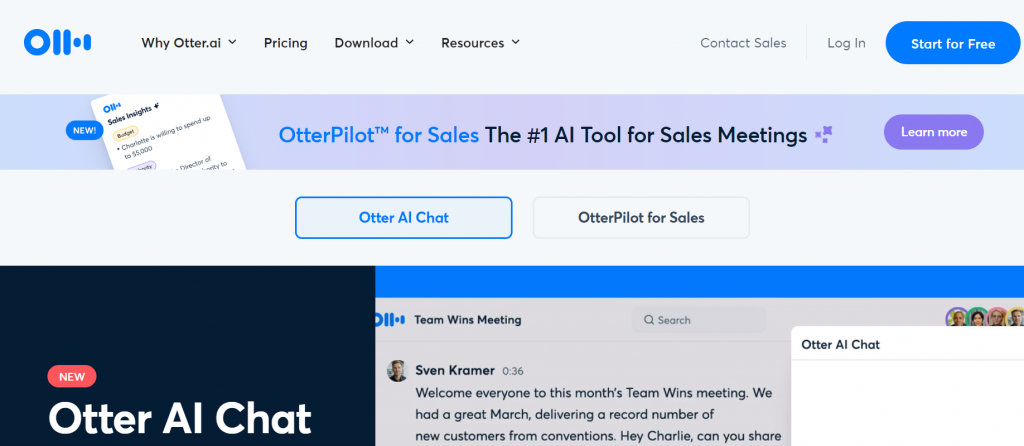
Introduction to the Writing Process
Welcome to the digital age, where technology continues to revolutionize every aspect of our lives. From shopping to communication, it’s no surprise that writing has also undergone a dramatic transformation. Gone are the days of scribbling notes on scraps of paper or tirelessly typing away at your keyboard. Now, with the help of Artificial Intelligence (AI) tools, streamlining the writing process has become easier than ever before.
In this blog post, we will explore how AI tools enhance note-taking efficiency and revolutionize the way we write. Whether you’re a student looking to ace your exams or a professional striving for productivity in your work, AI-powered note-taking is here to make your life easier and more efficient.
The Importance of Note-Taking in Writing
Note-taking is a fundamental aspect of the writing process that should never be overlooked. Whether you’re an aspiring novelist or a professional content writer, taking notes plays a crucial role in organizing your thoughts and ideas. It serves as a valuable reference tool, allowing you to revisit important details and concepts later on.
One of the main reasons note-taking is so important is because it helps improve memory retention. When we actively engage with information by jotting it down, our brains are more likely to remember it. This can be especially useful when conducting research or attending meetings where there’s an abundance of new information being presented.
Additionally, note-taking allows writers to capture fleeting moments of inspiration. Ideas have a tendency to strike at the most inconvenient times, but having a trusty notebook or app on hand ensures that these sparks of creativity aren’t forgotten.
Moreover, notes serve as building blocks for writing projects. They provide structure and direction by outlining key points and supporting evidence. By referring back to your notes during the writing process, you can ensure that your work remains focused and cohesive.
The Role of AI in Enhancing Note-Taking Efficiency

In today’s fast-paced digital age, the role of artificial intelligence (AI) in enhancing note-taking efficiency cannot be overlooked. AI tools have revolutionized the way we capture and organize information, making the writing process more streamlined than ever before.
One key aspect where AI excels is its ability to transcribe spoken words into written text with remarkable accuracy. Gone are the days of frantically scribbling down notes during meetings or lectures. With AI-powered apps like Otter, you can simply record audio and let the tool do all the work for you. This not only saves time but also ensures that no important details are missed.
Furthermore, AI tools offer advanced features such as real-time collaboration and keyword highlighting. These functionalities allow multiple users to contribute to a shared document simultaneously and make it easier to locate specific information within a large set of notes.
Another advantage of using AI in note-taking is its ability to generate summaries or insights from large amounts of data. By analyzing patterns and identifying key points, these tools can condense lengthy texts into concise summaries, saving writers valuable time when revisiting their notes.
Moreover, some AI tools even provide voice command capabilities that enable hands-free note-taking on-the-go. Imagine being able to dictate your thoughts while driving or walking without having to worry about jotting them down later!
Future Implications and Potential Challenges
As AI technology continues to advance, the future implications for note-taking are vast. With the ability to analyze data at lightning speed, AI tools have the potential to revolutionize the writing process. These tools can not only help writers jot down their thoughts but also provide them with valuable insights and suggestions.
One of the potential challenges that may arise is the reliance on AI tools in writing. While they can be immensely helpful, there is a risk of becoming too dependent on these tools and losing our own critical thinking skills. It’s important for writers to strike a balance between utilizing AI technology and maintaining their originality and creativity.
Another challenge lies in privacy concerns. As we rely more on AI-powered note-taking platforms, our personal data may be stored and analyzed by these systems. This raises questions about who has access to our information and how it will be used.
Additionally, as AI becomes more integrated into the writing process, there may be an impact on job opportunities for human editors or proofreaders who traditionally performed these tasks manually. This shift could potentially lead to job displacement if not carefully managed.
Our Recommendation: Otter

In this digital age, where time is of the essence and efficiency is paramount, leveraging AI tools can significantly streamline our writing process. Note-taking plays a crucial role in capturing ideas and organizing thoughts, making it an essential step in any writer’s journey. By embracing AI-powered solutions like Otter, we can take note-taking to new heights.
Otter is a cutting-edge transcription tool that utilizes advanced artificial intelligence algorithms to convert spoken language into written text. With its intuitive interface and impressive accuracy rate, Otter allows writers to effortlessly capture their ideas during brainstorming sessions or interviews. Gone are the days of manually scribbling notes or struggling to keep up with fast-paced conversations – now you can focus on engaging in meaningful discussions while leaving the note-taking task to Otter.
But what sets Otter apart from other AI tools? Its ability to automatically generate searchable transcripts makes it a game-changer for writers. The platform not only transcribes audio content but also organizes it into easily accessible chunks of information. Writers can quickly search for specific keywords or phrases within their recorded conversations without having to listen through hours of recordings – saving valuable time and effort.
Furthermore, Otter offers collaborative features that enable multiple users to access and contribute to shared documents simultaneously. This feature proves invaluable when working on group projects or conducting interviews with fellow writers or experts. Everyone involved has real-time access to accurate transcriptions, facilitating seamless collaboration and ensuring no important details slip through the cracks.
While AI tools like Otter undoubtedly enhance note-taking efficiency, we must also consider potential challenges they may pose in the future. As technology advances at a rapid pace, concerns regarding data privacy and security become increasingly relevant. It is crucial for developers behind these tools to prioritize user privacy by implementing robust security measures and transparent data handling practices.





